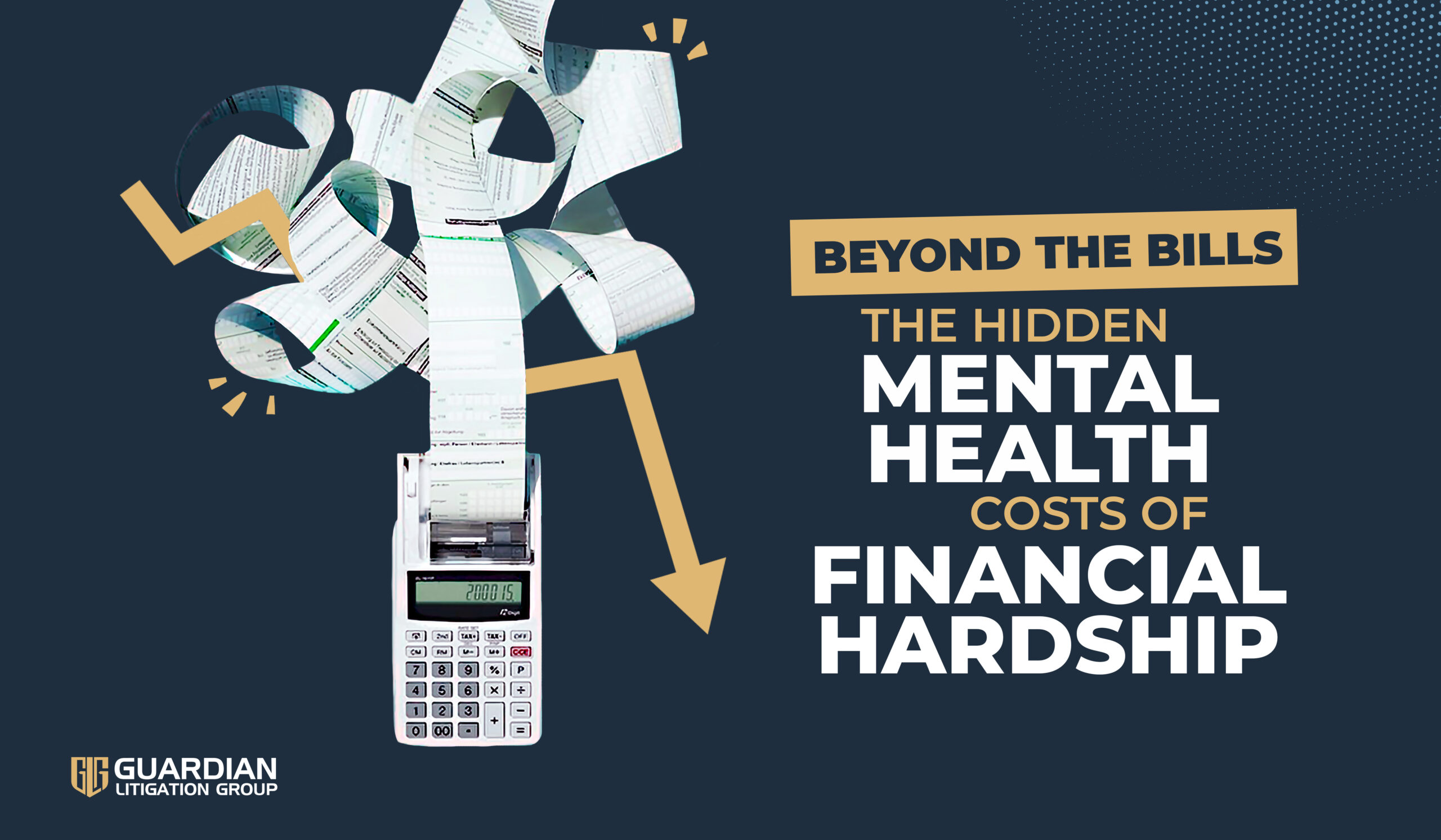Financial debt is an escalating global dilemma, significantly affecting not just the economic status of individuals but also their psychological health. Surprisingly, 54% of U.S. adults burdened by debt experience frequent stress regarding their finances—a statistic that unveils the profound impact financial difficulties have on personal well-being.
The Widespread Impact of Debt-Related Stress
The specter of financial stress is far from short-lived; it casts a long shadow over daily life. The 2023 Stress in America survey by the American Psychological Association reveals that money is a major source of stress for 63% of the respondents. This stress is particularly pronounced in the 35 to 44 age cohort, where 77% of individuals reported money as a significant source of stress, noting that paying for essentials is a key concern. This stress, particularly prevalent among those in debt, manifests in several severe ways:
- Mental Health Challenges: The link between debt and mental health issues is well-documented. Individuals facing high debt levels are more likely to suffer from a spectrum of psychological disorders, including depression, anxiety, and sleep disturbances. The Journal of Financial Therapy points out that such individuals frequently display symptoms typical of these disorders, which can exacerbate the debt situation and hinder personal and professional life.
- Relationship Strain: Money is often cited as a primary source of tension in relationships. Approximately 60% of people admit that financial troubles are a recurring source of discord with their partners. Moreover, an overwhelming 86% feel that their debt-related stress negatively influences their personal relationships, leading to frequent arguments and decreased relationship satisfaction.
The Debt-Stress Cycle
This harmful cycle is both severe and self-perpetuating. Under constant stress from existing debts, individuals are 72% more likely to take on additional debts, thereby worsening their financial outlook. This cycle is marked by missed payments (reported by 38% of those in debt), which lead to additional fees and penalties. These, in turn, add to the debt load and make financial recovery seem ever more unattainable.
For those who perceive their debt as unmanageable, the risk of developing clinical depression and anxiety is significantly increased, compounding their difficulties and often leading to a debilitating state of hopelessness.
The Emotional Burden of Debt
Debt transcends mere numbers; it involves intense emotional experiences. The feelings of shame, guilt, and personal failure associated with mounting debt can devastate one’s self-esteem and overall mental health. Historical and cultural reflections on debt, such as “Debt is the slavery of the free” by Publilius Syrus, emphasize the profound emotional toll it exacts. Recognizing and addressing the emotional dimensions of debt are crucial for effective intervention and recovery.
Empathy and Understanding
The path to managing debt is not solely through financial tools and strategies; it requires a deep empathy and understanding of the psychological turmoil that accompanies financial distress. Studies like those conducted by Equifax underscore the pervasive impact of debt on mental health, noting that affected individuals experience extended periods of stress and anxiety, which can pervade all aspects of life.
It is essential for advisors and support systems to provide a blend of financial guidance and emotional support, acknowledging the multifaceted challenges posed by debt.
Seeking Help and Coping Strategies
Breaking the stigma around debt is critical. It is vital for individuals facing financial difficulties to seek help, not only to recover financially but also to restore their mental health. The National Institute of Mental Health stresses the importance of mental health support in conjunction with financial recovery strategies. Effective steps toward managing debt include:
- Create a Budget: Detailed budgeting helps delineate income and expenses, making it possible to identify potential savings and prioritize debt repayment. This roadmap is instrumental in regaining control over finances.
- Reach Out: Direct engagement with creditors can lead to arrangements that offer temporary relief or more manageable repayment plans, thus easing immediate financial pressures.
- Seek Support: Organizations like Guardian Litigation Group specialize in debt management and financial advocacy, providing tailored advice and practical strategies to help navigate the complexities of debt recovery.
Conclusion
The repercussions of debt are profound, influencing not just financial status but also mental health and interpersonal relationships. By promoting understanding and empathy, we can support those affected and contribute to building a more informed and compassionate community.
Share this insight and join the conversation about the hidden mental health costs of financial hardship—your voice can make a difference.



